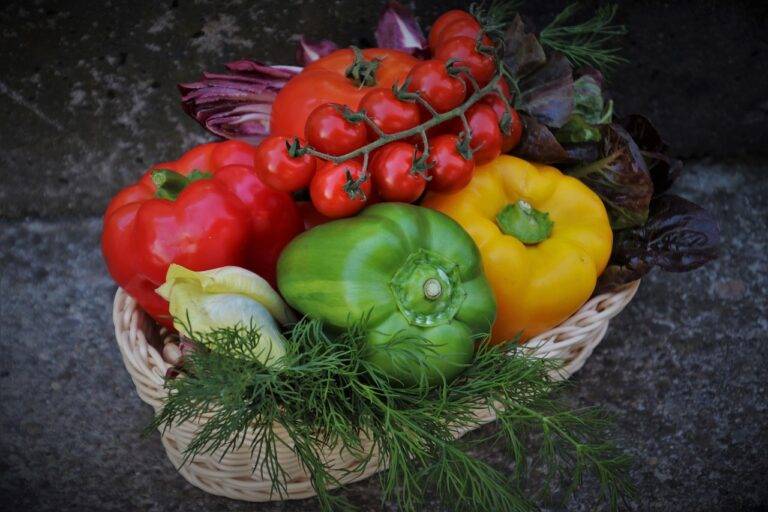The Impact of Social Media on Food Marketing
One of the most popular social media platforms used in food marketing is Instagram. This visually-driven platform allows food brands to showcase their products through enticing images and videos. By using food styling, filters, and engaging captions, businesses can attract and engage with a wide audience of food enthusiasts.
Another key platform in food marketing is Facebook. With its vast user base and diverse demographics, Facebook provides food businesses with a platform to share recipes, promote events, and engage with their followers through interactive content such as polls and live videos. Additionally, Facebook Ads offer targeted advertising options to reach specific audiences based on interests, location, and behavior, making it a valuable tool in food marketing strategies.
Target Audience Engagement through Social Media
Engaging the target audience through social media has become imperative for businesses in the digital age. By leveraging platforms like Instagram and Facebook, food brands can interact directly with their customers, gaining valuable insights and fostering brand loyalty. With the ability to showcase visually appealing content, such as mouth-watering recipe videos or behind-the-scenes glimpses, companies can captivate their audience’s attention and drive engagement.
Moreover, social media offers a two-way communication channel that allows brands to listen to customer feedback and address queries promptly. Responding to comments and messages in a timely manner shows a commitment to customer satisfaction, which in turn enhances brand perception. By creating a sense of community and inclusivity through interactive features like polls, contests, and live streams, food businesses can forge deeper connections with their audience and create a memorable brand experience.
Influencer Marketing in the Food Industry
In the food industry, influencer marketing has emerged as a powerful strategy to reach and engage with target audiences. Brands are collaborating with influencers who have a strong social media presence and a loyal following to promote their products and services. With the rise of social media platforms like Instagram and YouTube, influencers have the ability to create authentic and engaging content that resonates with consumers.
These influencers are seen as trusted sources of information and recommendations, making their endorsements valuable to brands looking to increase their visibility and credibility. By partnering with influencers who share the same values and aesthetics, food companies can leverage their influence to connect with new audiences and drive engagement. As the digital landscape continues to evolve, influencer marketing is expected to play an even larger role in the food industry’s marketing strategies.





